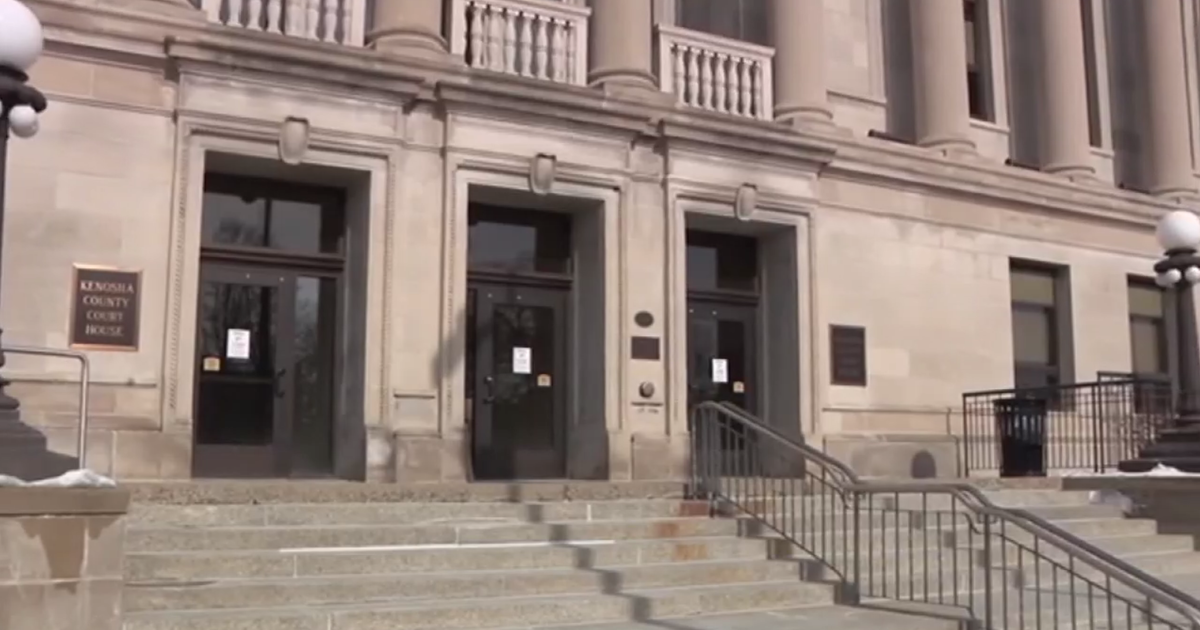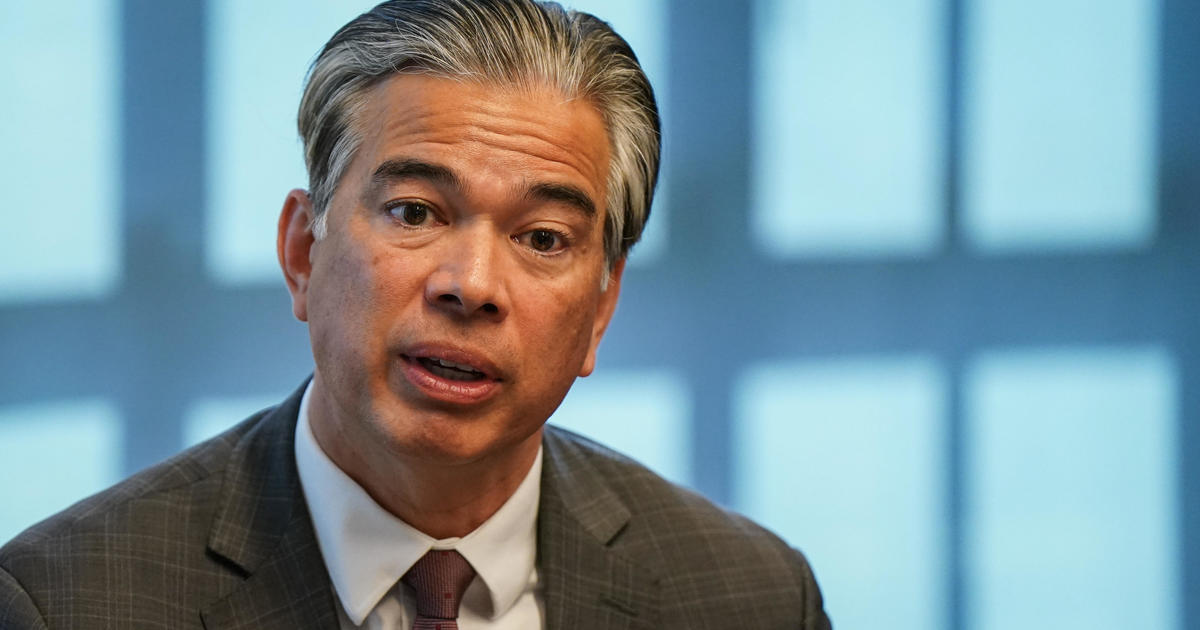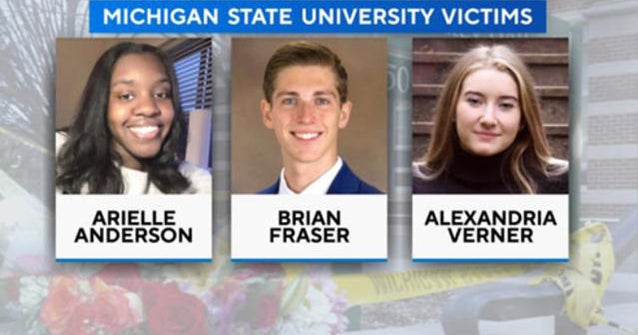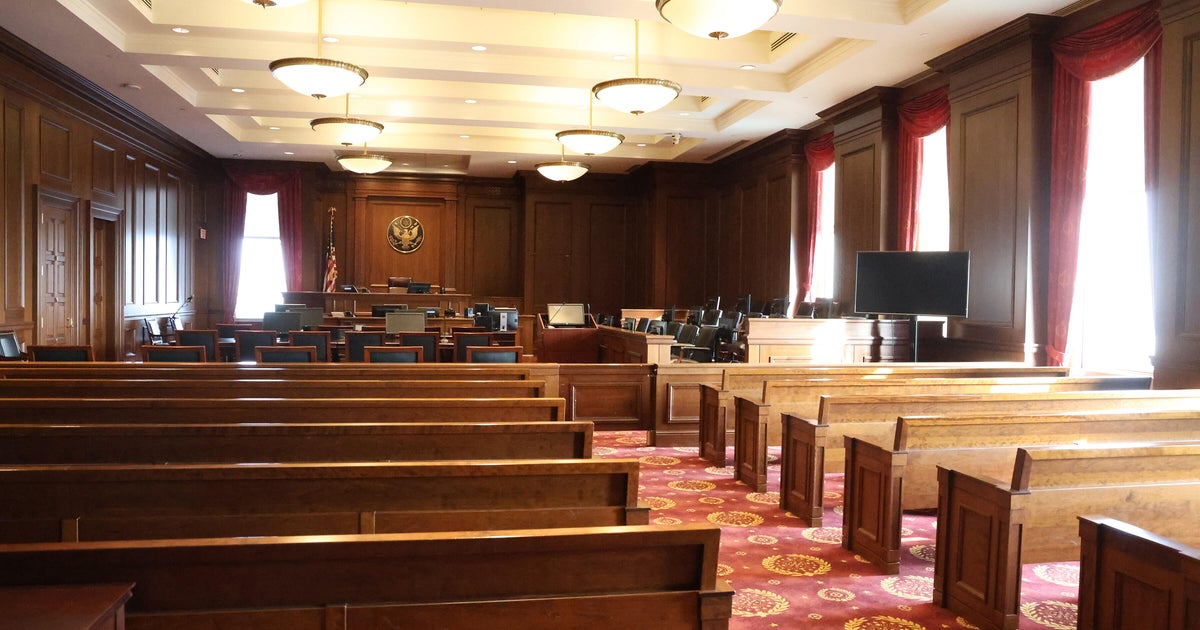Supreme Court Case May Affect Prop. 209, Bring Back Affirmative Action
SAN FRANCISCO (CBS SF) -- A civil rights lawyer who challenged a ban on affirmative action in public university admissions in Michigan said Monday that a future U.S. Supreme Court ruling in that case could "reopen the door" to a resumption of limited affirmative action in California.
The high court announced Monday it will consider the Michigan attorney general's appeal of a federal circuit court ruling striking down that state's voter-approved ban, known as Proposal 2.
The court is expected to hear arguments on the case sometime in the fall of 2013 and rule by the end of June in 2014.
California voters enacted a similar ban on affirmative action for minority-group members and women in 1996 as Proposition 209.
Supporters Of Affirmative Action Hopeful SCOTUS Review of Law Could Overturn California's Prop. 209
Detroit attorney George B. Washington said that because the two measures are almost identical, "Effectively, Proposition 209 is in front of the Supreme Court right now."
If the court overturns the Michigan measure, "Proposition 209 will automatically fall," Washington predicted.
Washington represents the Coalition to Defend Affirmative Action, Integration and Immigrant Rights and Fight for Equality by Any Means Necessary, which sometimes uses the acronym BAMN.
The coalition was one of several groups and individual students that challenged the 2006 Michigan law.
Washington said his organization is optimistic the high court will strike down the Michigan measure because the high court in a 2003 decision allowed the University of Michigan's law school to consider race as one of a number of admissions factors.
But on the other side, Michigan Attorney General Bill Schuette said he is optimistic the Supreme Court will uphold Proposal 2.
"Entrance to our great colleges and universities must be based upon merit, and I remain optimistic moving forward in our fight for equality, fairness and rule of law at our nation's highest court," Schuette said in a statement.
Both Michigan's Proposal 2 and California's Proposition 209 were proposed by former University of California regent Ward Connerly and were enacted as state constitutional amendments.
Both prohibited race- and sex-based preferences in state government employment, contracting and education. Only the education admissions section is being challenged in the current case.
Proposition 209 has previously been upheld by the 9th U.S. Circuit Court of Appeals in San Francisco in 1997 and 2012 and by the California Supreme Court in 2010.
The ruling by the Cincinnati-based 6th U.S. Circuit Court of Appeals in the Michigan case last year created a conflict between the two circuits that could be resolved only by the Supreme Court.
In that decision, the 6th Circuit court said by an 8-7 vote that the Michigan measure violated the U.S. Constitution's guarantee of equal treatment by placing a "structural burden" on minority students.
The court said it was unfair that a student seeking a different type of preference, such as an admissions advantage for children of alumni, could seek that policy from the university or its trustees, while a minority student's only option would be the more arduous process of seeking a state constitutional amendment repealing the ban.
(Copyright 2013 by CBS San Francisco and Bay City News Service. All rights reserved. This material may not be published, broadcast, rewritten or redistributed.)







